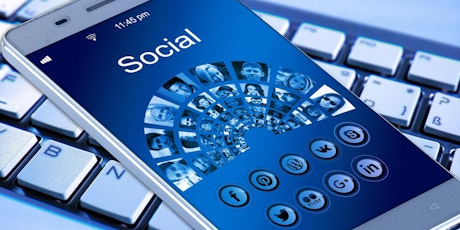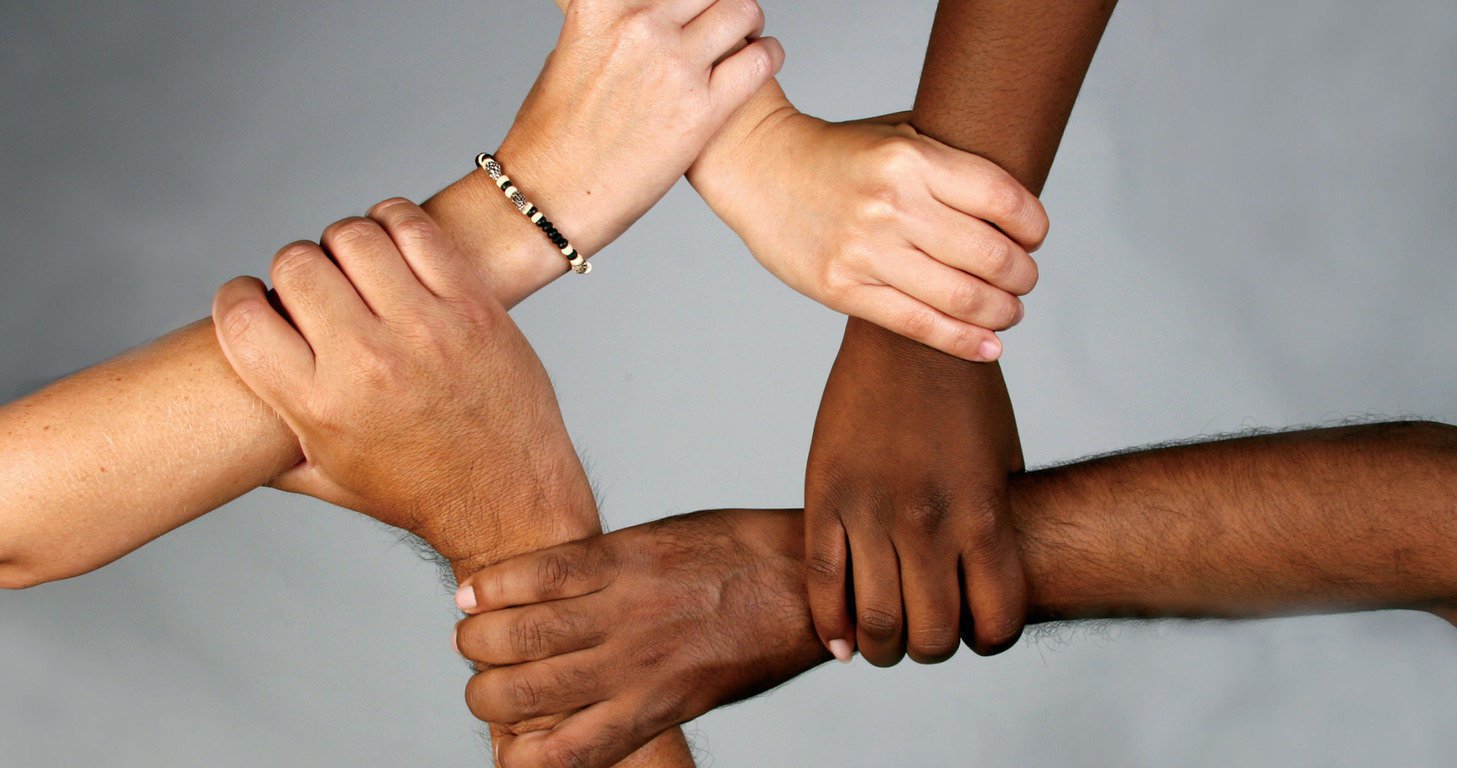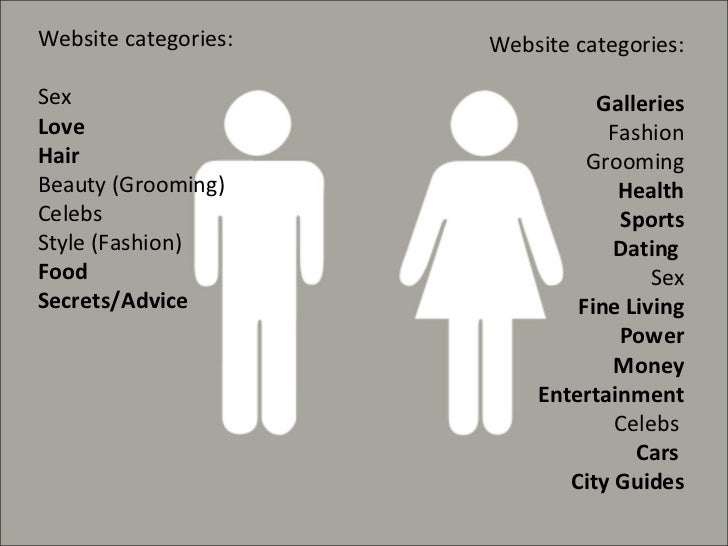As the world becomes more and more advanced in technology, it becomes less dependent on the things that got us to experience the technology now. Why should it be harder to revert back the days of dial-up or landline phone? I remember watching That's So Raven on Disney around seven or eight years old. I saw Raven eventually get her own landline connected to her room. This was the early 2000's it was a BIG deal to have your phone line in your room. No waiting to get on the phone. No rushing to get off the phone. And, the most part PRIVACY!!! After I seen her with a phone in her room, I decided to have one in my room when I get to Raven's age. (I DID.. Kinda.. Sorta..) I always found that funny with how much little time it was ago. It just goes to show technology always evolving. The same thing can be said for media culture. "Mass culture is the set of ideas and values that develop from a common exposure to the same media, news sources, music, and art. Mass culture is broadcast or otherwise distributed to individuals instead of arising from their day-to-day interactions with each other." (Chegg, 2017) The culture can influence the way we interact with each other. The exposure to the interconnecting media plays a huge part of the interaction that happens in media. Mass culture developed a distributed of ideas and values to the news, music and art. I wonder if people truly aware of the impact media culture has in our society. In Dill's book, she explain the importance of respectful depictions and multicultural interactions. They are uplifting and healthy to everyone. For example, "When children from different backgrounds play well together on children's shows such as on Sesame Street, and when they are each presented as equally valid human beings, it sends important messages." (Dill,K. 2009) More than often enough, we as a society are reminded that there is still racial and prejudicial stereotyping in the media. The example set the tone of all different backgrounds can come together to create an experience. If we keep that same tone we have now it can shape the way stereotyping is view in this society.
"As recently as the 1960s and 1970s, television, for example, consisted of primarily three networks, public broadcasting, and a few local independent stations. These channels aimed their programming primarily at two‐parent, middle‐class families. Even so, some middle‐class households did not even own a television. Today, one can find a television in the poorest of homes, and multiple TVs in most middle‐class homes." (Cliff Notes, 2017) In 2017, we are able to stream television shows or movies online. Or even on our smartphones. The way media culture has shifted in the past few decades is amazing. I believe we as a society won't have to continue the conservation of the disadvantages of media culture. That media culture will go above and beyond to change its face.
Here's a link to an article about certain influential contemporary games in media culture:
Also an video describing the media power it has on society:





